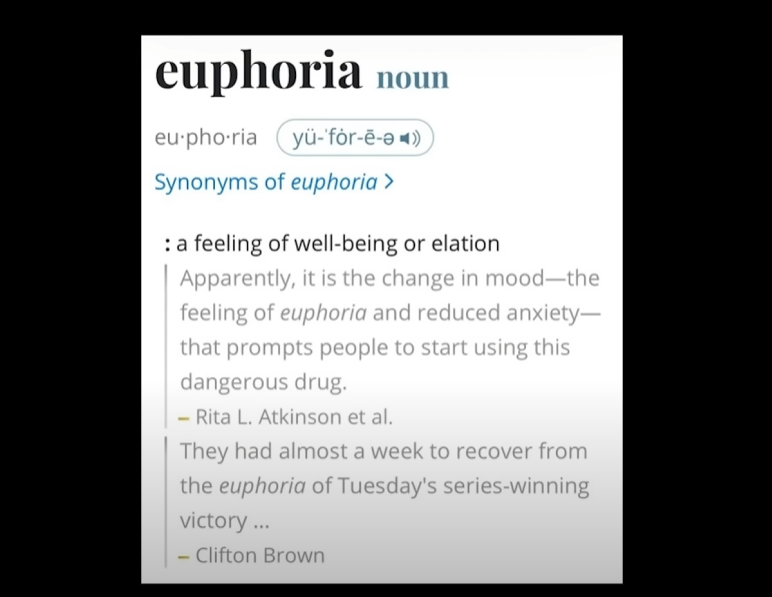One solution to the dissatisfaction that some feel with the Utah Senate’s rejection of Judge Robert Hilder is for the state of Utah to switch to popular elections for the selection of judges.
According to the American Judicature Society, 27 states already utilize the election process for the initial selection of their judges.
The method of selection is a process devised by the people through their elected representatives to select the right candidates for judicial office. It also serves as the chief constitutional check on the power of an institution that almost everybody agrees needs a substantial amount of independence to adequately do its job.
The two main methods of judicial selection are election and appointment, which is usually done by a state’s governor. With the exception of a few states in the northeast where both the initial selection and retention are by gubernatorial appointment, most states utilize elections for retention of judges after the initial appointment, according to the AJS.
In Utah, the governor makes the initial appointment, with Senate confirmation, but retention is by uncontested election. Neither of the two methods is perfect. An honest assessment, as opposed to a rhetorical argument, would have to admit that each system has its strong and weak points.
Judicial elections are clearly the more democratic of the two methods to pick judges. Judges who are initially selected by popular election have a much greater degree of democratic legitimacy than those who are appointed or even those appointees who have gone through a retention election.
On the other hand, judicial elections can serve to politicize the judicial office. As a practical matter, it is usually clear to everybody which party a judicial candidate identifies with, even in nonpartisan elections. Judicial elections also have the potential to place a judge in a conflict of interest when it comes to matters his or her supporters are interested in, thus potentially limiting the judge’s independence.
In addition, judges can sabotage the election process by resigning before their term is up so their successors can be appointed. In Idaho, for example, judicial elections are mandated by both statute and constitutional provision. Patricia Tobias, Idaho’s administrative director of courts, said roughly 80 percent of the state’s district judges were initially appointed.
The other method of selection, appointment, or as its supporters like to call it, the “merit selection” system, supposedly removes the political element from the selection process. With this method, there is usually a judicial nominating commission that screens applicants and submits a list of candidates for the governor to choose from.
On the other hand, democratic legitimacy is far more attenuated with the appointment method. The governor who actually makes the appointment is elected, but many of the nominating commission members who pick the specific candidates the governor must choose from are not.
In Utah, former Gov. Mike Leavitt initiated amendments to Title 20A Chapter 12 of the Utah Code8212;the Utah statute dealing with judicial appointment8212;because he “believed that the commissions were not giving him the choices or the variety of judicial nominees he wanted,” according to the AJS.
More importantly, the selection process remains political under an appointment regimen. The difference is that the candidates are campaigning to a more limited constituency, i.e., the appointed members of the judicial nominating commission, as well as the Senate in Utah, rather than to the entire electorate.
On-balance elections are probably the better way to select judges. Ultimately, however, it’s the quality of the people that makes the system.

Steve Warrick









